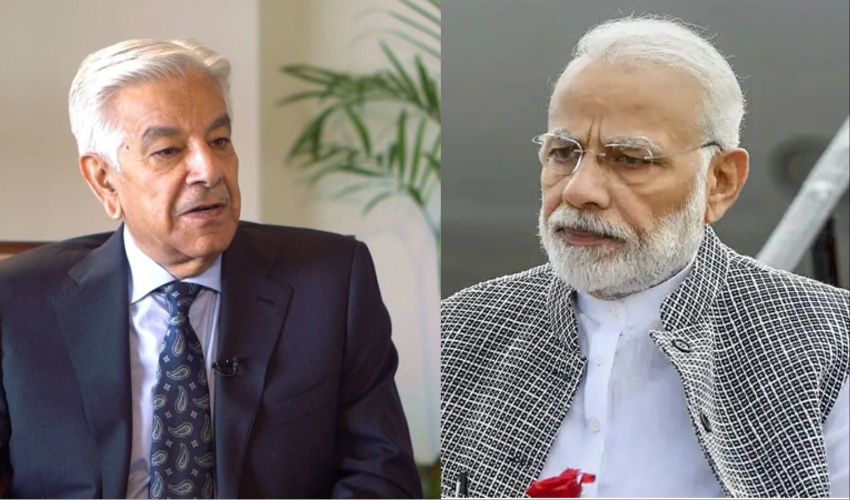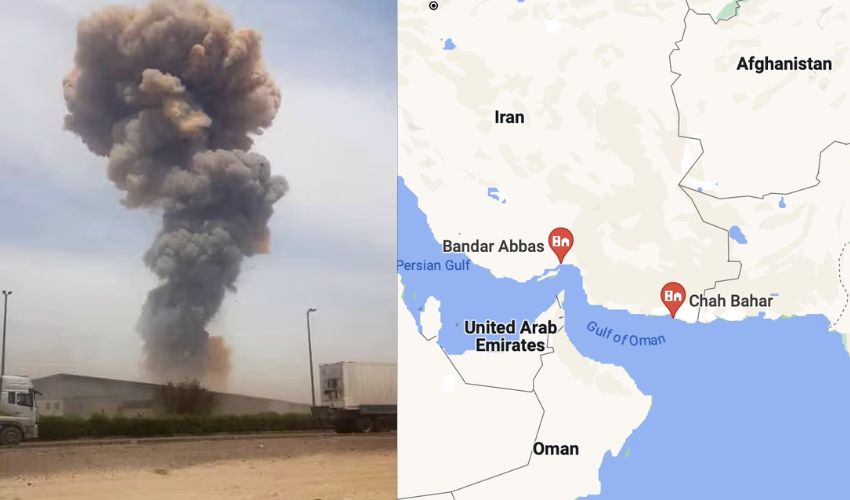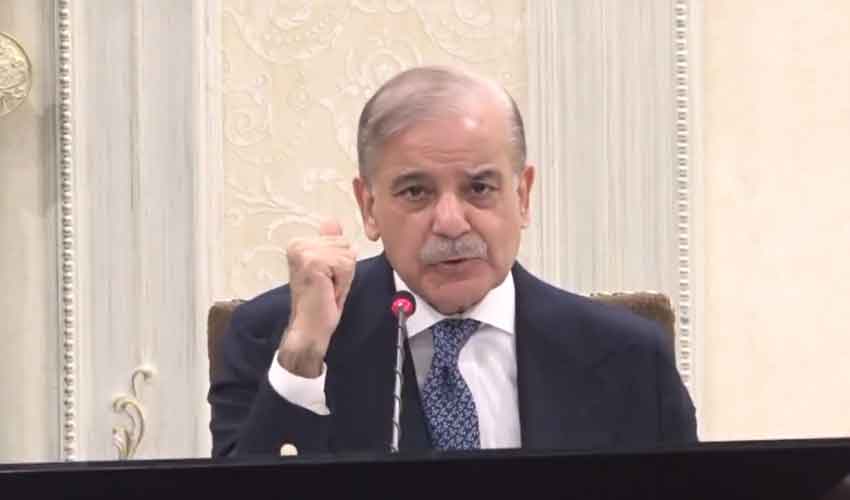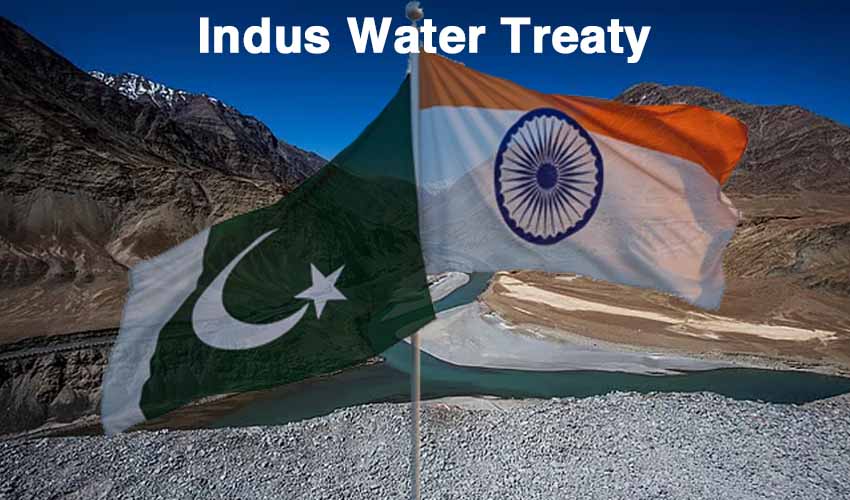Pakistan's Defense Minister Khawaja Asif has issued a stern warning to India, stating that any escalation or intrusion by New Delhi will provoke a “more than appropriate response” from Islamabad.
Despite calling for the avoidance of military conflict, Mr Asif emphasised that Pakistan will not tolerate any aggression and will act decisively in self-defense.
Speaking in a recent interview with Russian broadcaster RT, Khwaja Asif underscored Pakistan's commitment to peace but made it clear that the country’s sovereignty and security would not be compromised.
His comments come amid rising tensions between the nuclear-armed neighbors, particularly following the deadly attack on tourists in Pahalgam, Kashmir, for which India has blamed Pakistan.
Asif also reflected on Pakistan’s historical involvement in global geopolitics, notably the Soviet-Afghan War of the 1980s, which he described as a critical turning point for the nation. He acknowledged that Pakistan’s alliance with Western powers during that period, particularly the United States, had lasting consequences, some of which are still being felt today.
Afghanistan situation
“We became a platform for jihadists, a decision that has had disastrous effects on our nation,” Asif said, expressing regret over the role Pakistan played in facilitating the fight against the Soviet Union, which he noted led to the rise of extremism in the region.
The Defense Minister also criticised the US for abandoning Pakistan after the Soviet withdrawal and its subsequent involvement in Afghanistan following the 9/11 attacks.
“The security situation in the region has only worsened since the chaotic US withdrawal from Afghanistan in 2021,” he stated, highlighting the long-term ramifications of Pakistan’s past decisions.
In response to questions about the humanitarian crisis involving the Pashtun community, Asif revealed that approximately 6 million undocumented Afghans currently reside in Pakistan, further complicating bilateral relations with Afghanistan. The minister called for international attention to this issue, emphasizing the lack of responsibility taken by regional stakeholders.
Pakistan has no connection to Pahalgam attack
Regarding the recent Pahalgam incident, Asif firmly rejected India’s accusations linking Pakistan to the terrorist attack that claimed the lives of 26 Indian tourists. "Pakistan has no connection to the attack in Pahalgam," he asserted, dismissing the allegations as part of a larger effort by India to malign Pakistan’s role in regional security.
India has consistently accused Pakistan of harboring and supporting terrorist groups, a claim that Islamabad vehemently denies. In response to the attack, New Delhi expelled Pakistani diplomats, canceled visas, and suspended the Indus Waters Treaty, a key bilateral agreement that has been in force for decades.
Asif warned that any attempt by India to block or divert the water under the treaty would be considered an “act of war” by Pakistan, underscoring the seriousness with which Islamabad views any violation of its rights under the agreement.



























